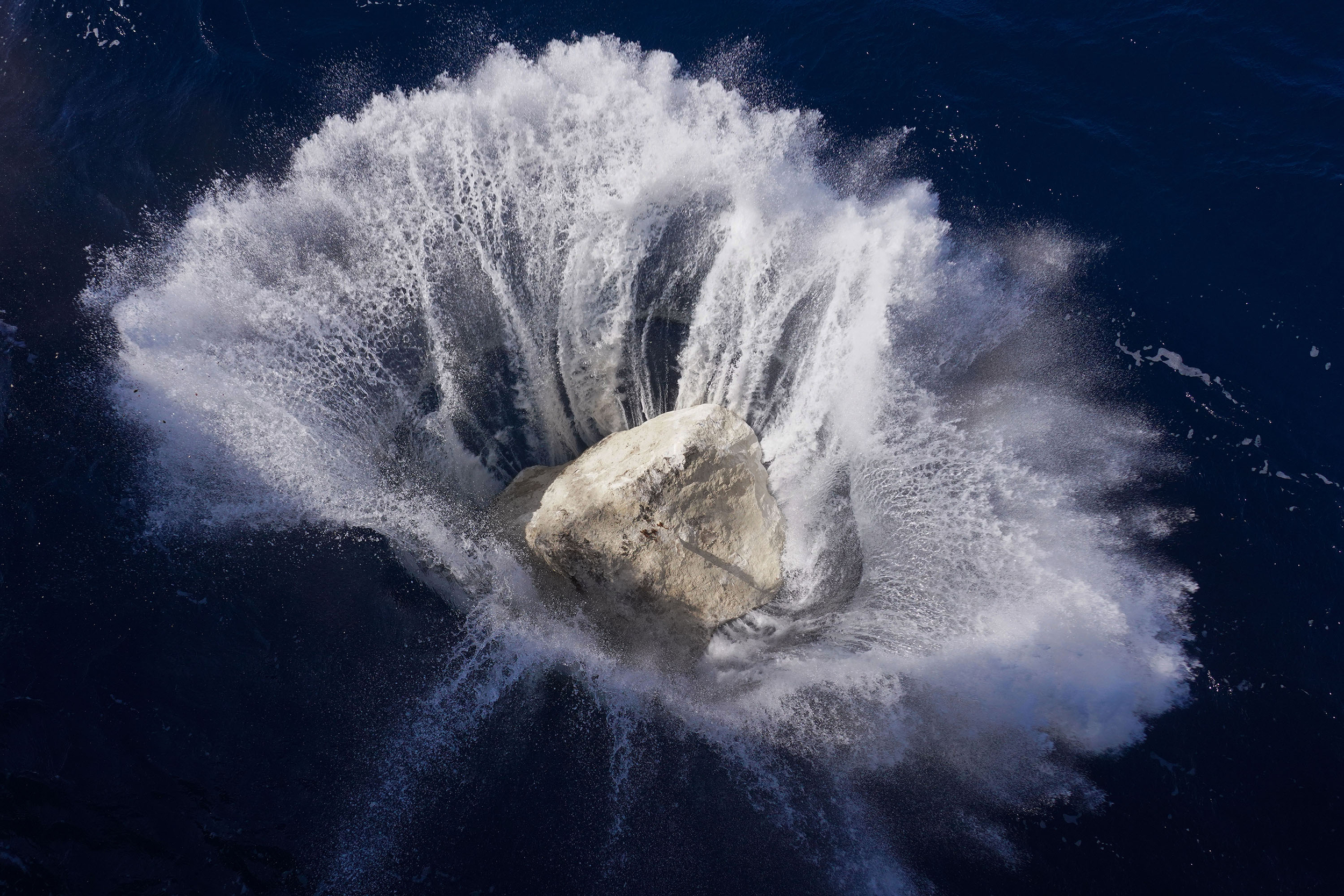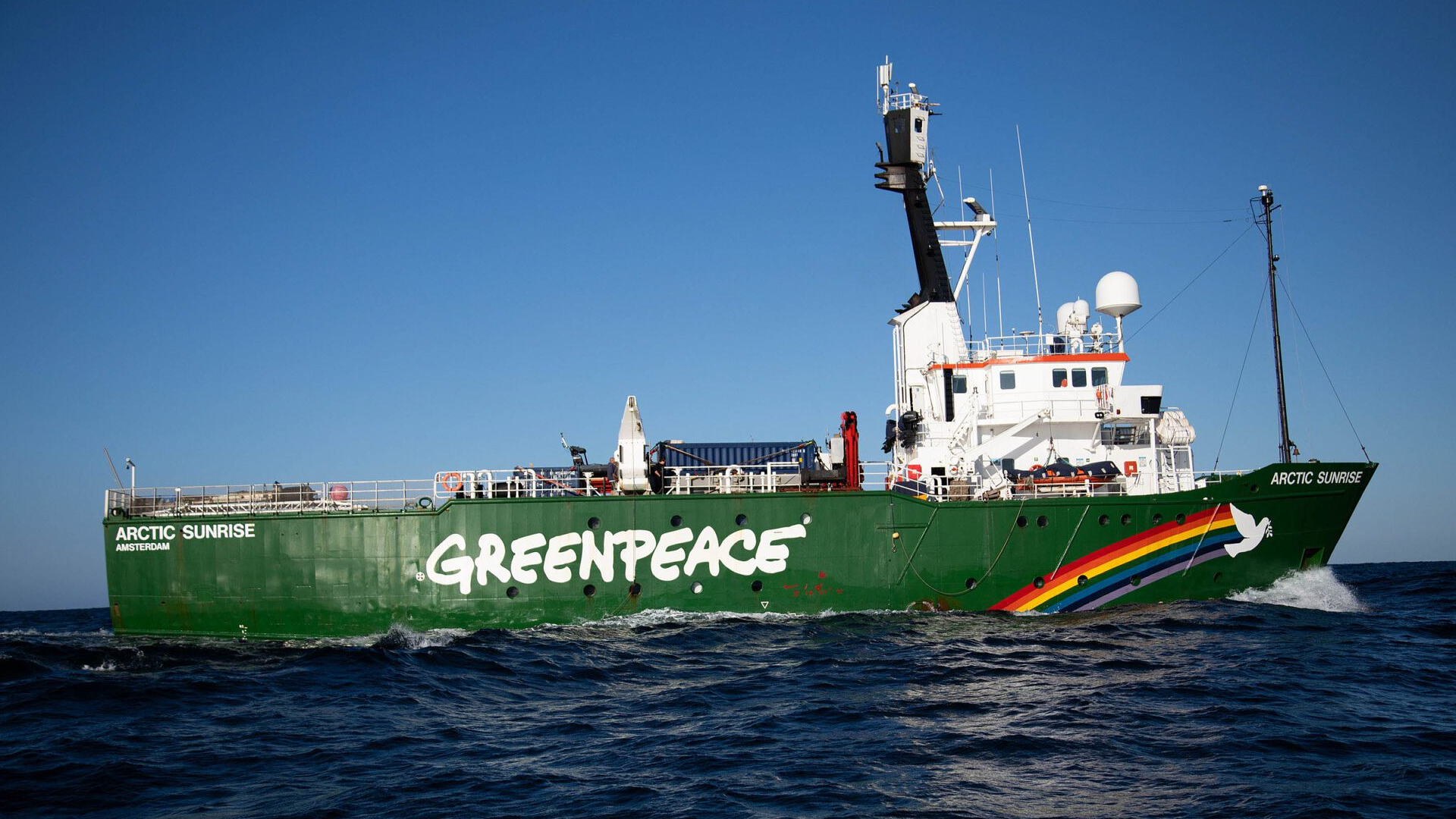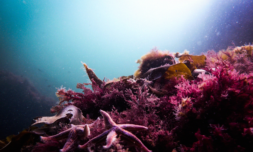In an effort to prevent the destructive industrial fishing method of bottom trawling, Greenpeace has planted 18 large boulders on a seabed off the UK coast. Plans to continue the act of ‘protest’ today, however, have been blocked.
It’s safe to say that ocean conservationists are in the ‘last resort’ phase when it comes to dealing with perpetrators.
If you haven’t heard of ocean trawling before, it refers to arguably the most destructive form of industrial fishing. It involves dragging weighted nets up to 650 metres wide across the ocean floor, to catch potentially thousands of low dwelling fish in a single voyage.
This is problematic on several fronts. One, nets aren’t selective with what gets bagged, meaning sharks, sea turtles, marine mammals, and other endangered species are scooped as bycatch. Two, coral reefs are decimated by the concrete weights and natural carbon banks are unsettled by plumes of sediment so large they can sometimes be seen from space.
For a comprehensive overview of bottom trawling, read our previous story here.
Despite the 30×30 campaign now supposedly being in full effect, which strives to protect 30% of the world’s oceans by 2030, the nefarious practice is still occurring with concerning regularity.
Greenpeace’s response
Understandably frustrated at the situation, members of Greenpeace have taken proceedings into their own hands.
Off the coast of the UK, the organisation strategically dropped 18 large boulders into the ocean around a Marine Protected Area in the South West Deeps.
Despite technically being under legal protection, the region continues to be heavily targeted by trawling vessels – with Greenpeace claiming this destructive activity has taken place for the equivalent of 20 weeks within the last 18 months.
The limestone boulders dropped last week are intended to make it impossible for nets to run along the seabed without being destroyed.
This isn’t the first time the tactic has been employed either. In 2020, boulders were placed in the Dogger Bank, and a year later in Offshore Brighton. Since, both protected areas have been unscathed by trawlers.
Right now, there’s an industrial fishing frenzy happening in UK waters, and what’s our government doing about it?’ asked Greenpeace UK’s head of oceans, Will McCallum.






















